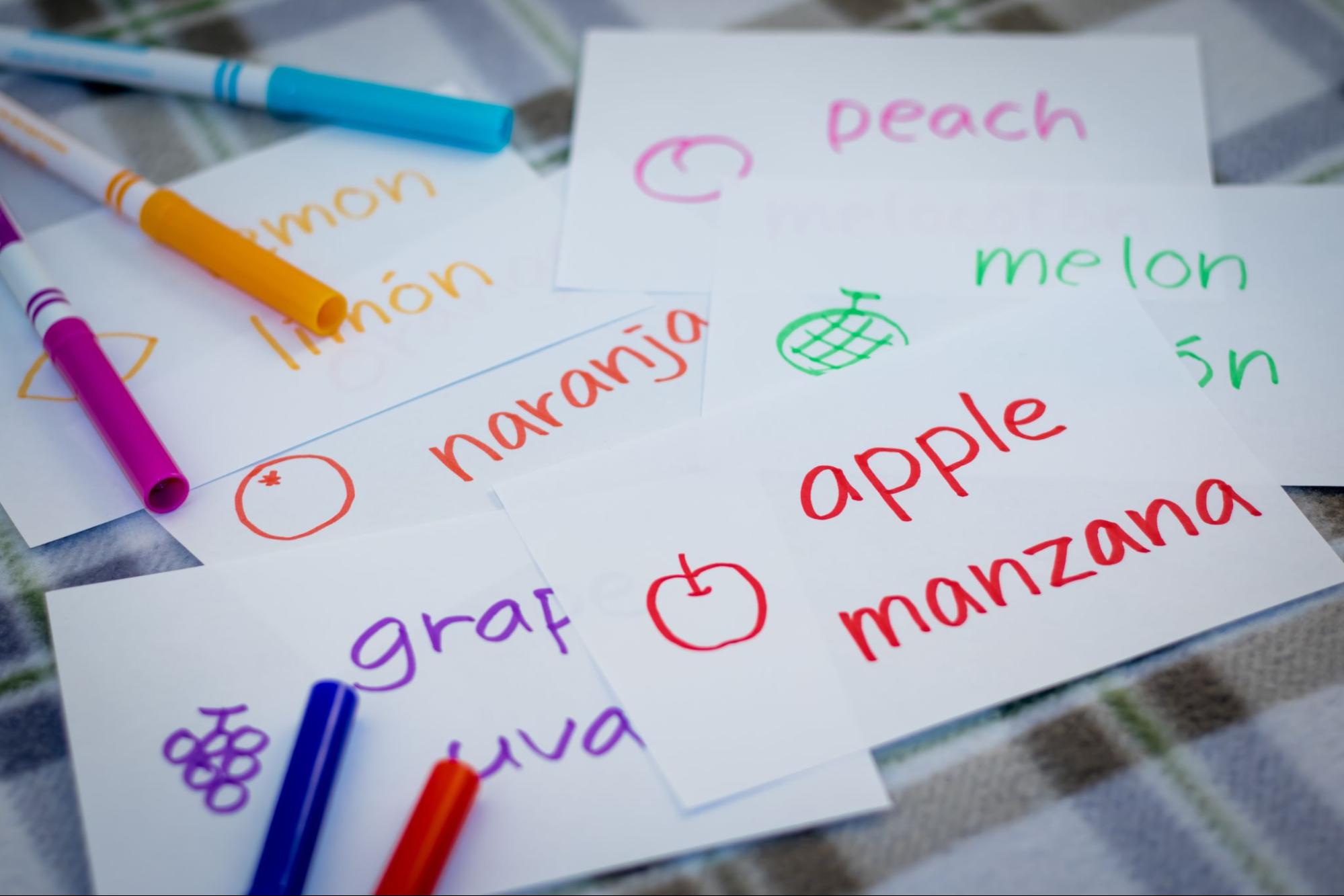Learning any other language requires you to dedicate time, effort, and patience. But it is not impossible. Some factors make it easier for you to acquire a new language. One significant factor is when you start learning a new language, or the age at which you start learning.
When You’re Young
Our brains are wired to learn languages quickly and efficiently when we are young. Children can learn multiple languages with ease because their brains have not yet developed the linguistic filters of adults. Learning a new language is a skill that will help you throughout your life. There are many benefits to learning a new language, and it is never too late to start. You can learn any language as an adult, but it may take you longer than if you were younger.
It is possible that if you start learning your target language at an early age, it will be easier for you to learn and get used to the new vocabulary and grammar rules than if you started learning in your adult years.
Children are more receptive to learning languages because their brains are still developing, and they have more time on their hands. They can spend hours watching TV shows or listening to music in a foreign language. As adults, we have less time for this because we’re juggling work, family, and other responsibilities.
During Early Adulthood
Learning a new language as young children has many benefits, Children develop new Synapses in response to languages. Bilingual children use part of the brain that’s not accessible in later life. It’s a skill that takes time and effort to master. But it’s a skill that pays off in the end. It is generally believed that learning a language during adolescence or early adulthood is more accessible than during childhood because teenagers are more open to new experiences and less likely to be influenced by their native tongue.
This, combined with their brains’ still developing, makes them better suited to learning languages than children or adults. There are many reasons why you should learn another language as an adult, but here are just some of them:
- You can become more culturally aware.
- You’ll have better communication skills with people from different cultures.
- Learning another language as an adult will help you stay mentally sharp.
Summary
Overall, children have a more easy time learning languages as they still develop their brains and create the necessary filters. Adults do not necessarily learn languages any faster than children, but there are certain things that adults might not be able to do at the same level as children.
Adults tend to have an easier time understanding the meanings of words in a new language. Adults understand the importance of individual words and can more easily comprehend ideas.


